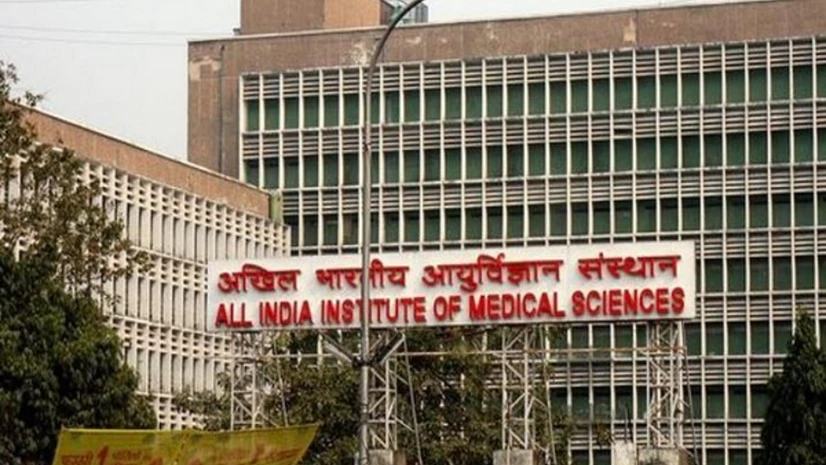The All India Institute of Medical Sciences (Aiims), New Delhi, on Friday announced the launch of a multicentre study to develop indigenous and low-cost human papillomavirus (HPV) tests to screen for cervical cancer.
“The test has been launched with the support of DBT-BIRAC Grand Challenges India, in collaboration with the World Health Organisation (WHO)’s International Agency for Research on Cancer (IARC),” Aiims New Delhi said in an official statement.
The validation studies for the HPV tests will be performed at Aiims New Delhi, the National Institute of Cancer Prevention and Research (NICPR) Noida, and the National Institute for Research in Reproductive and Child Health (NIRRCH) Mumbai.
Speaking on the need to introduce low-cost screening for cervical cancer, Neerja Bhatla, chief coordinator for the programme, said that current HPV tests are expensive and require elaborate laboratory setups.
“Cervical cancer is the fourth most common cancer in women globally. In India, it is the second most common cancer among women after breast cancer,” Aiims added in their statement.
According to Global Cancer Observatory (GLOBOCAN) data, an estimated 663,301 women were diagnosed with cervical cancer worldwide in 2022, of which 348,874 women died from the disease.
More From This Section
“Low- and middle-income countries (LMICs) like India contribute to nearly 80 per cent of the disease burden. In India, there are approximately 127,526 new cases and 79,906 deaths per annum,” the data added.
There is an urgent need to develop and validate indigenous, low-cost HPV tests that can detect the major cancer-causing HPV genotypes in the Indian population, are automated, and do not require too much technical expertise or elaborate infrastructure, Bhatla said.
The project also aims to allow validation of ‘made in India’ HPV tests for cervical cancer screening by international quality standards and will benefit millions of women in India and other LMICs to get rid of the scourge of cervical cancer.
“The evaluation of tests with fewer HPV types is a novel aspect of this study that will improve the accuracy of the test and make it more cost-effective for the programme,” Bhatla added.
These steps are important for India to achieve the WHO’s 2030 target of eliminating cervical cancer and incorporate HPV testing into the national cancer programme.

)
